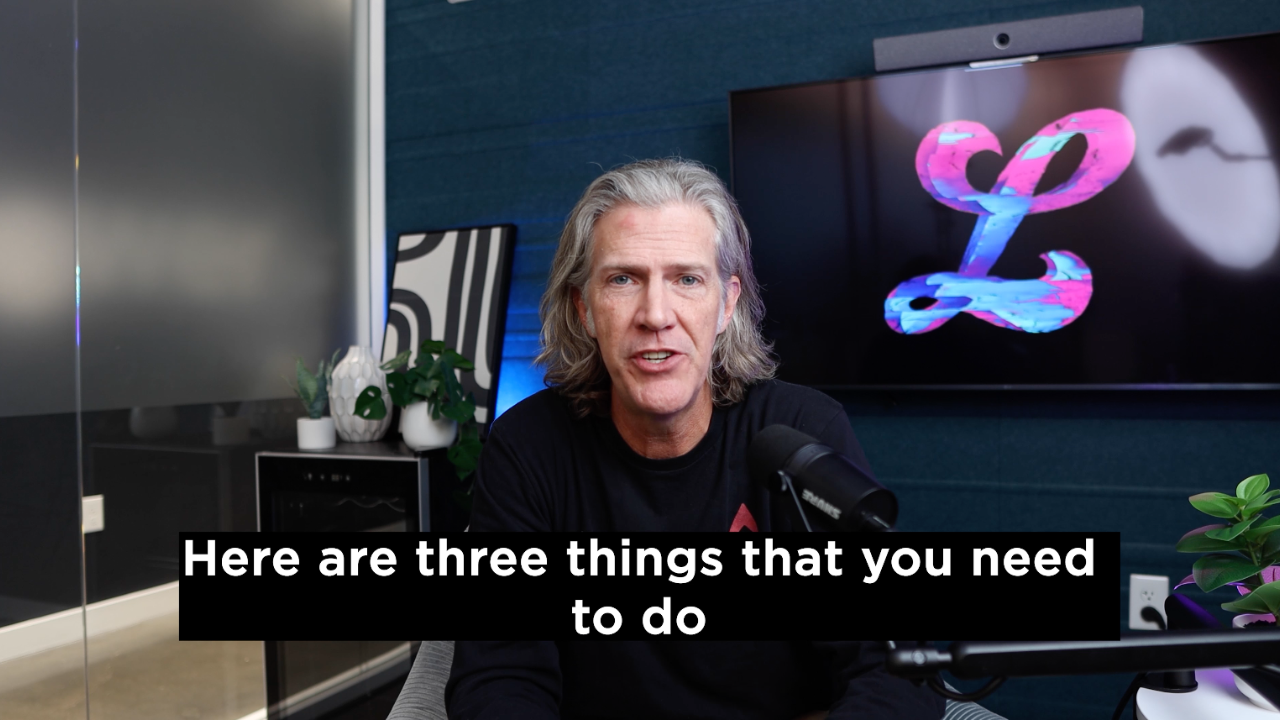Step 1: Assess Your Financial Health to Determine How Expensive of a House You Can Afford
The first step in determining how much house you can afford is evaluating your financial situation. This involves a clear look at your savings, income, and credit score.
Review Your Savings and Income
Start by reviewing your monthly income and savings. These factors will determine how much you can afford to spend on a house payment each month, as well as the size of your down payment, which will affect your home’s overall affordability.
Your Credit Score Matters
Your credit score has a significant impact on how much mortgage you can afford. A higher score can qualify you for better interest rates, lowering your monthly payments and increasing the amount of home you can afford within your budget.
To qualify for most mortgages, you typically need a credit score of at least 620, which falls under the "fair" category. However, if you're considering an FHA loan, you might be able to get approved with a score as low as 500, offering more flexibility for those with lower credit.
Determine How Much Home You Should Buy
Affordability is a big concern for any prospective homeowner, and it’s a mortgage advisor’s job to help their clients better understand how a mortgage payment impacts their total monthly budget. It’s very important to make sure you understand the difference between what you can comfortably afford versus what you qualify for.
A lender will help illustrate this impact by calculating your debt-to-income ratio (DTI) to gauge your ability to handle mortgage payments. This ratio is simply a measure of how much money you have coming in (income) versus how much goes out (expenses). A lower DTI improves your chances of securing a larger loan and answering how expensive of a house you can afford more confidently.
A DTI of 35% or less is generally considered to be good—as you likely have leftover money each month for saving or spending that could be put toward a mortgage payment. If your DTI is higher than 35%, your borrowing options may be limited and you may want to discuss strategies with your advisor to lower your DTI before completing an application.
How to Calculate Your Debt-to-Income Ratio (DTI)
Your DTI ratio is a key factor in determining how much mortgage you can afford. Here's a simple way to calculate it:
- Add up your monthly debt payments. This includes payments for things like:
- Credit cards
- Auto loans
- Student loans
- Personal loans
- Existing mortgages or rent
- Divide that total by your gross monthly income. Your gross income is your income before taxes or any other deductions.
- Multiply by 100 to get a percentage. This percentage is your DTI ratio.
- Monthly debt payments: $1,500
- Gross monthly income: $5,000
- $1,500 ÷ $5,000 = 0.30 (or 30%)
In this case, your DTI ratio is 30%
Step 2: Explore Your Mortgage Options to Determine How Much Mortgage You Can Afford
Your mortgage is likely to be your largest financial commitment, so understanding how much mortgage you can afford is crucial. Getting pre-approved for a mortgage helps clarify your borrowing limits and strengthens your position when making an offer.
What You Need to Get Pre-Approved for a Mortgage
Ready to get pre-approved? Here’s a checklist of the essential documents and information you’ll need:
- Proof of Income
- Recent pay stubs (typically the last two)
- W-2 forms or tax returns for the past two years
- Additional income (e.g., bonuses, alimony, etc.)
- Proof of Assets
- Bank statements (savings and checking accounts)
- Investment account statements (401k, IRAs, etc.)
- Proof of down payment funds
- Credit History
- Lenders will check your credit score and review your credit report to evaluate your reliability as a borrower.
- Employment Verification
- Lenders may contact your employer or request employment documentation to verify job stability.
- Identification
- A valid government-issued ID, like a driver’s license or passport.
Getting pre-approved shows sellers that you’re a serious buyer and gives you a clear understanding of how much home you can afford. Start gathering these documents today to streamline the process!
If you have the needed documents, you can start the pre-approval process with Lower.com today!
Step 3: Factor in Additional Costs Beyond the Purchase Price
When calculating how much house you can afford, it’s important to account for more than just the purchase price. Here are other key financial factors when determining home affordability.
Down Payments and Their Effect on Affordability
A larger down payment reduces your monthly mortgage payments, giving you more flexibility in how much you will spend on a house payment. While 20% is the traditional benchmark, some buyers opt for lower down payments, depending on their financial situation.
Property Taxes
Property taxes vary by location and can have a big impact on how expensive your monthly payment for a home will be. Make sure to include these recurring costs in your budget to avoid surprises later on.
Home Insurance and Ongoing Costs
Home insurance is essential for protecting your investment and is often required by lenders. Factoring in insurance costs will help you get a more accurate picture of how much house payment you can afford monthly.
Maintenance Costs: The Hidden Expense
Owning a home also comes with maintenance costs, which can affect how much mortgage you can afford. Setting aside funds for repairs and upkeep is essential for long-term financial stability.
Save 1-3% yearly for home maintenance
It's generally recommended to set aside 1% to 3% of your home's purchase price each year for maintenance and repairs.
If you purchase a home for $300,000, you should plan to save between $3,000 to $9,000 annually for upkeep. This covers routine maintenance, unexpected repairs, and long-term replacements, like a new roof or HVAC system.
Older homes or homes in areas with harsh weather conditions may require a higher budget, so adjust accordingly based on your home's specific needs.
Step 4: Consider Market Trends and Location When Evaluating Affordability
Both real estate trends and your home’s location play a major role in determining how expensive of a house you can afford. Here’s how to navigate these factors.
Monitor Real Estate Trends
Market fluctuations affect home prices, and staying informed on current trends helps ensure that your investment aligns with how much home you can afford without stretching your budget.
Stay on Top of Market Trends with NAR Research
Looking for reliable real estate insights? The National Association of Realtors (NAR) offers up-to-date reports on home sales, prices, and housing affordability. Get expert data to make informed decisions in a fast-changing market.
Location Matters
The location of your home affects its value and your overall affordability. Proximity to schools, jobs, and amenities can raise property values and influence how much house payment you can afford in a specific area.
Step 5: Practical Strategies for Determining How Much House Payment You Can Afford
Staying within budget is key to homeownership success. Here are practical strategies to help you determine how much house payment you can afford without financial stress.
Budget for All Costs
Create a detailed budget that includes your down payment, mortgage, property taxes, insurance, and maintenance costs. This gives you a clearer picture of how expensive of a house you can afford and prevents unexpected financial strain.
Home Buying Budget
Home Price: $350,000
- Down Payment (10%):
- Mortgage (30-year fixed, 6% interest rate):
- Loan Amount = $350,000 - $35,000 (down payment) = $315,000
- Estimated Monthly Payment: $1,889
- Property Taxes (1.2% annually):
- $350,000 x 1.2% = $4,200/year or $350/month
- Home Insurance:
- Estimated Annual Cost = $1,200/year or $100/month
- Private Mortgage Insurance (PMI) (since down payment is less than 20%):
- PMI typically ranges from 0.5%-1% of loan amount annually.
- Estimated at 0.8%:
- $315,000 x 0.8% = $2,520/year or $210/month
- Home Maintenance:
- Set aside 1% of home price annually for maintenance:
- $350,000 x 1% = $3,500/year or $292/month
Total Monthly Costs
- Mortgage: $1,889
- Property Taxes: $350
- Home Insurance: $100PMI: $210
- Maintenance Costs: $292
Total Monthly Housing Expenses: $2,841
Make Smart, Informed Decisions
From choosing the right neighborhood to timing your home purchase, making informed decisions will help you manage how much mortgage you can afford and stay within your financial comfort zone.
Final Thoughts: How Much House Can I Afford?
The answer to how much you can spend on a house depends on careful financial planning and understanding all the costs involved in homeownership. By evaluating your finances, monitoring real estate trends, and being strategic with your budget, you can confidently determine how much house payment you can comfortably afford. Ready to take the next step? Your dream home is waiting—happy house hunting!

















.svg)

.svg)














